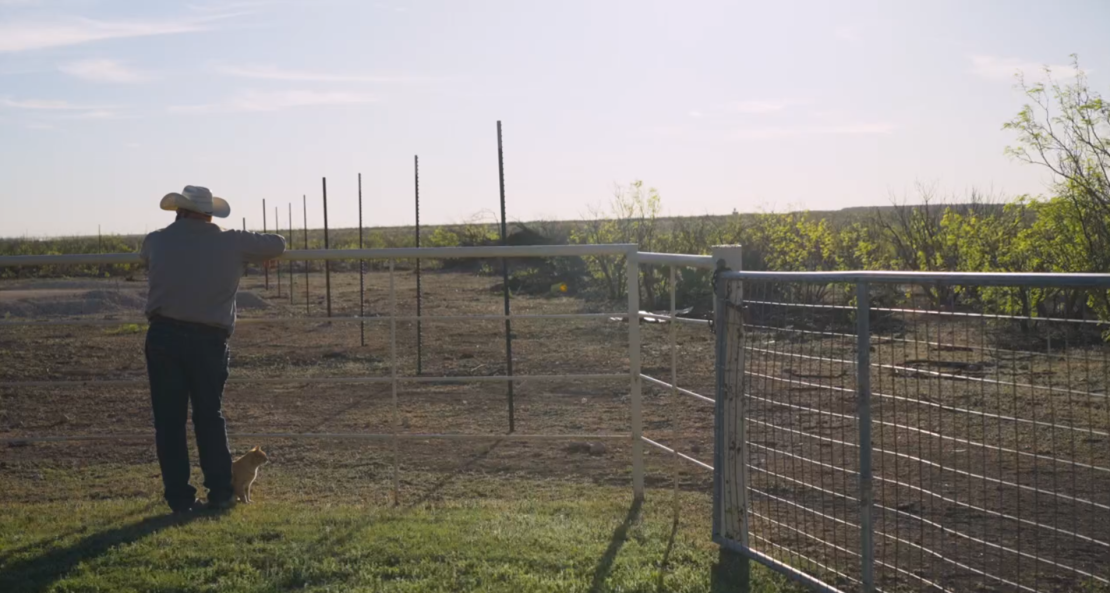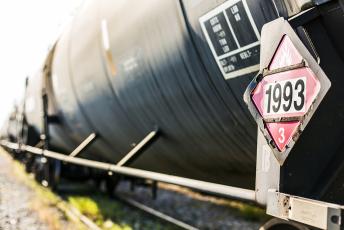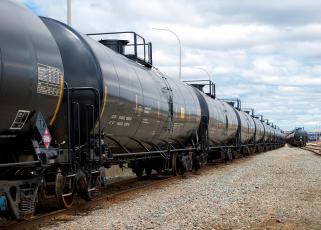Pipelines are the arteries of the nation, carrying energy products like crude oil, natural gas and refined products safely and efficiently to every corner of the country.
The U.S. pipeline system spans more than 3.3 million miles, but chances are, you probably don’t even notice it. Why is that? Most of that pipeline is hidden safely underground, with meticulous care to limit disturbance. And many pipeline companies, including AFPM members, go the next step to restore the land after construction.

Matt Isom, Vice President of Engineering for North America at Plains All American, is walking the talk as a pipeline company employee who also owns land with three active pipelines running through it. Matt’s land, just outside of Midland in West Texas, would have once been shortgrass prairie. Like much of West Texas though, soil erosion and invasive plant species like mesquite and other shrubs have over time changed the landscape.
“When I look at the pipelines and what they do, they’re helping part of my conservation effort. Working with the pipeline companies that have installed them gives me an opportunity to return the land back to where it was before — grasslands,” said Isom. “At Plains, when we put a pipe in, we maintain it and we care about it. It's all driven to protect the environment and the community.”
Like Plains, ONEOK prioritizes habitat restoration, which includes determining the right seed mixes for the area as well as carefully removing and storing the top layer of soil during installation to restore the land to its original condition following construction. During 2023, ONEOK restored nearly 400 acres of habitat related to pipeline projects completed during that year.
U.S. pipeline companies also work with nonprofits and other outside groups to restore habitats, implement reforestation projects, and evolve practices for pipeline operations and land management.
In some of the busiest oil and natural gas fields in the U.S., Marathon Petroleum’s midstream segment, MPLX, is collaborating with nonprofit Texan by Nature, founded by former first lady Laura Bush, to elevate habitat restoration and water conservation. Texan by Nature supported a 2024 pilot program with MPLX’s Gathering and Processing (G&P) component that aims to increase conservation through use of dark-sky lighting, recycling water, restoring native vegetation and restoring playas.
“Pipelines are among the safest and most efficient means to move our in-demand energy products around the country,” said Rob Benedict, AFPM’s Vice President of Petrochemicals and Midstream. “And, AFPM members like Plains All American, ONEOK and Marathon Petroleum ensure that pipeline installations cause minimal disruption to the environment, actively engage in land conservation and restoration, and strive to be responsible neighbors.”
The American Fuel & Petrochemical Manufacturers (AFPM) is the leading trade association representing the makers of the fuels that keep us moving, the petrochemicals that are the essential building blocks for modern life, and the midstream companies that get our feedstocks and products where they need to go. We make the products that make life better, safer and more sustainable — we make progress.


